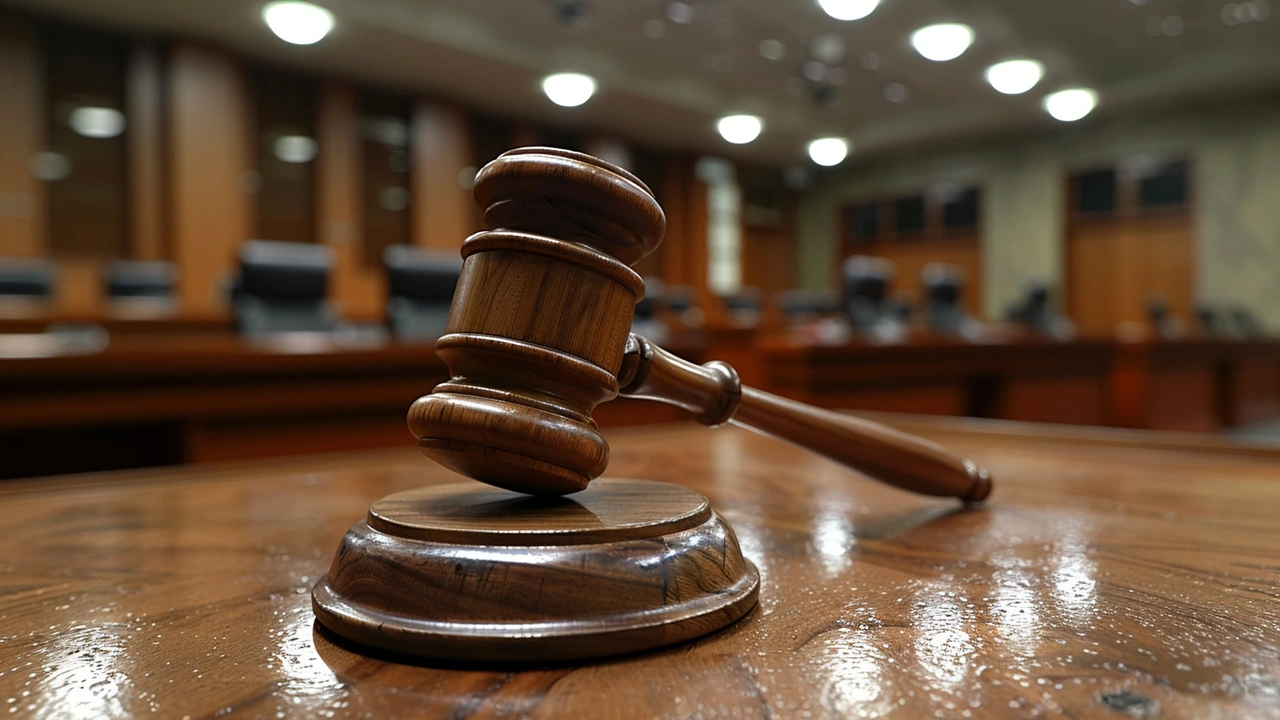Economic Rights – Key Updates and What They Mean for Africa
Economic rights are the part of human rights that guarantee people can earn a living, own property, and access basic services. When these rights work, families can afford food, schools can stay open, and small businesses can grow. If they are ignored, poverty spreads and chances disappear.
On this tag page you’ll find the most recent stories that touch on economic rights – from government reforms to community projects. Each article shows how a single decision, like a new tax rule or a land‑use plan, can ripple through neighborhoods and affect daily life.
Why Economic Rights Matter
Think of economic rights as the safety net that lets people plan for the future. They cover the right to work, fair wages, social security, and access to credit. In many African cities, rapid growth means more people need those guarantees. When a city expands without protecting economic rights, informal settlements pop up and residents lose secure jobs.
Take the example of a small farmer in Nairobi who can't get a loan because banks view informal land ownership as risky. Without credit, the farmer can’t invest in better seeds, and the whole community feels the impact. Protecting economic rights means creating fair rules that let people participate in the economy without fear.
Recent Policy Shifts in Africa
Several countries have started to rewrite laws to strengthen economic rights. South Africa recently passed a bill that makes it easier for workers to form unions and negotiate wages. Kenya introduced a social protection program that gives cash aid to households affected by drought. Both moves aim to give people a stronger safety net.
Urban agriculture projects are also getting attention. Cities like Lagos and Accra are allowing residents to grow food on vacant land, turning empty lots into sources of income and nutrition. These initiatives show how policy can turn a simple right – the right to food – into a real economic benefit.
Meanwhile, trade agreements are being scrutinized for their impact on local businesses. Critics argue that some deals favor large corporations and make it harder for small traders to compete. Advocacy groups are pushing for clauses that protect small‑scale entrepreneurs and ensure fair market access.
What you should watch for next are two trends: first, governments are using digital tools to deliver benefits faster, like mobile cash transfers that bypass bureaucracy. Second, there’s a growing call for gender‑responsive economic policies, recognizing that women often face extra barriers to work and finance.
All these stories connect back to the core idea that economic rights are not just legal jargon – they shape the chances people have to improve their lives. By staying aware of policy changes, community actions, and legal battles, you can see where the gaps are and where progress is happening.
Use this page as a shortcut to the most relevant updates. Click on any headline to read the full story, get the facts, and see how the issue might affect you or your community. The more people understand economic rights, the stronger the push for policies that work for everyone.
Keep checking back for fresh reports, interviews with policymakers, and case studies from across the continent. When you know the details, it’s easier to join the conversation and demand better economic justice for all.






